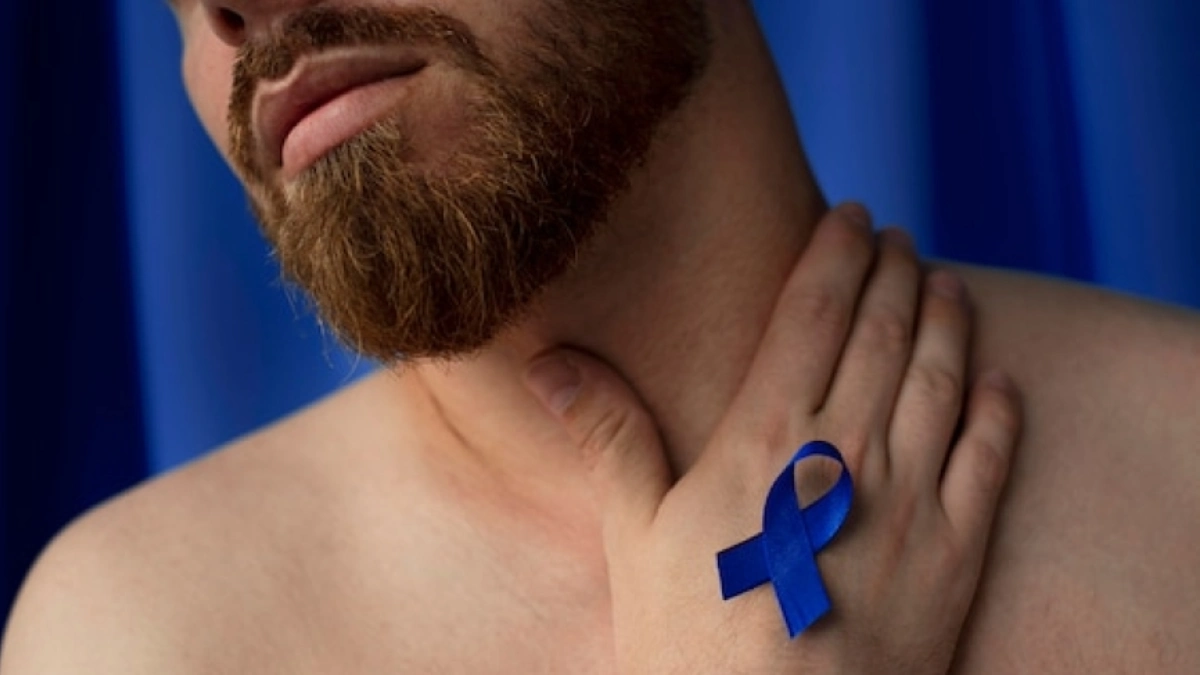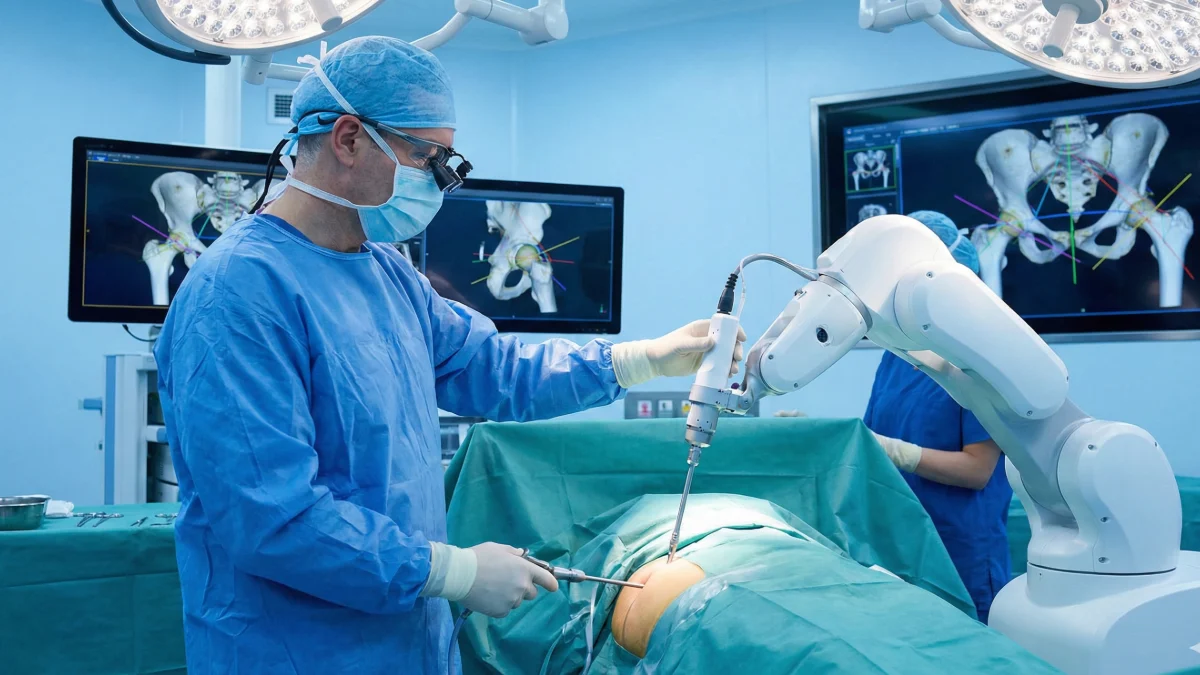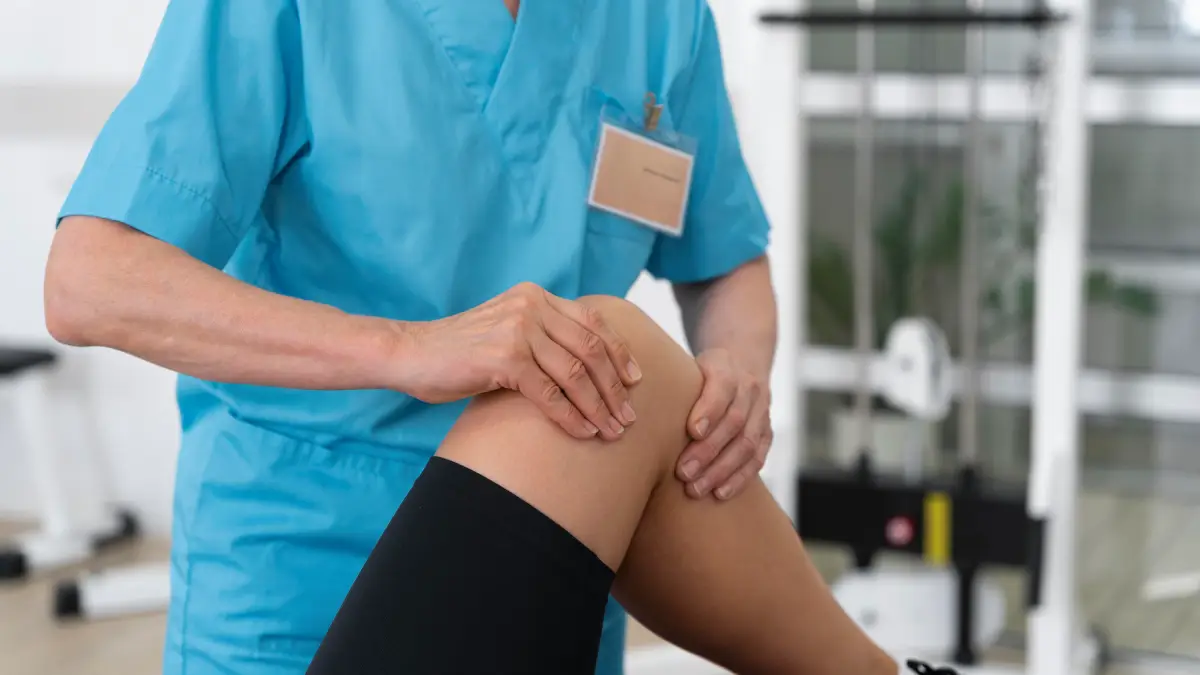Lymph node cancer treatment in Turkey has emerged as a prominent option for many patients worldwide, owing to the country’s advanced medical facilities, experienced oncologists, and cost-effective treatment packages. Understanding the intricacies of lymph node cancer, its symptoms, stages, and treatments is crucial for making informed decisions about your healthcare journey.
What Are Lymph Nodes?
Lymph nodes are small, bean-shaped organs that produce and store blood cells and filter lymph fluid, helping to remove waste materials and harmful germs from your body. They house important immune cells that fight infection and are essential components of the lymphatic system. Approximately 600 lymph nodes are scattered throughout the human body, each connected to lymph vessels that carry a clear, watery fluid called lymph.
Functions of Lymph Nodes
Lymph nodes play vital roles within the immune system. They produce white blood cells—B lymphocytes and T lymphocytes—that combat infections. The lymphatic fluid flows through vessels to the nodes, bringing oxygen and nutrients to tissue cells while removing waste products. Each lymph node group filters a specific region of the body before the lymph fluid recirculates into the bloodstream.
Locations of Lymph Nodes
Lymph nodes are found throughout the body, often in chains or clusters in key areas such as:
- Neck (cervical lymph nodes)
- Armpits (axillary lymph nodes)
- Chest (thoracic lymph nodes)
- Abdomen
- Groin (inguinal lymph nodes)
Swollen Lymph Nodes: Indicators and Implications
Swollen lymph nodes, or swollen glands, known as lymphadenopathy, occur when lymph nodes filter cells affected by infections, injuries, or cancer. The swelling can indicate various illnesses, from the common cold to more severe conditions like lymphoma or leukaemia.
Symptoms and Diagnosis of Swollen Lymph Nodes
Swollen lymph nodes may feel soft, round, and tender. When accompanied by symptoms such as fever or night sweats and persisting without an obvious infection, seeking medical advice is essential. Doctors diagnose swollen lymph nodes through physical examinations, lab tests, imaging tests (CT and MRI), and biopsies.
Cancer in the Lymph Nodes
Lymph node swelling can sometimes indicate cancer. Cancers like non-Hodgkin lymphoma, Hodgkin lymphoma, and acute lymphocytic leukaemia originate in the lymph nodes, while others metastasize to lymph nodes from different parts of the body.
Staging and Treatment of Lymph Node Cancer
Lymph nodes play a crucial role in cancer staging, particularly in the TNM system, which assesses the extent of the tumour (T), spread to nearby lymph nodes (N), and presence of metastasis (M). Treatments for lymph node cancer include surgery, chemotherapy, radiation therapy, stem cell transplant, immunotherapy, and targeted therapy.
Lymphoedema Cancer Treatment in Turkey
It’s a common complication resulting from lymph node removal or damage, is a build-up of lymph fluid causing swelling. Lymphoedema related to cancer is managed through specialized care and early treatment.
Cancer in the Lymph Nodes
Lymph node swelling can sometimes indicate cancer. Cancers like non-Hodgkin lymphoma, Hodgkin lymphoma, and acute lymphocytic leukaemia originate in the lymph nodes, while others metastasize to lymph nodes from different parts of the body.
Staging and Treatment of Lymph Node Cancer in Turkey
Lymph nodes play a crucial role in cancer staging, particularly in the TNM system, which assesses the extent of the tumour (T), spread to nearby lymph nodes (N), and presence of metastasis (M). Treatments for lymph node cancer include surgery, chemotherapy, radiation therapy, stem cell transplant, immunotherapy, and targeted therapy.
Secondary Cancer in the Lymph Nodes
Secondary cancer occurs when cancer cells spread to lymph nodes from primary tumours elsewhere in the body. This can affect nearby (regional) or distant lymph nodes, significantly impacting the treatment approach and prognosis.
Symptoms and Diagnosis of Secondary Cancer in the Lymph Nodes
The most common symptom of secondary cancer in the lymph nodes is swollen or hard lymph nodes. Depending on the location, this can lead to various symptoms, including breathlessness if nodes press on the lungs or swelling in limbs due to lymphoedema.
Diagnosis typically involves imaging tests such as CT, MRI, ultrasound, or PET-CT scans, along with biopsies to confirm cancer presence and type.
Treating Secondary Cancer in the Lymph Nodes
Treatment for secondary cancer in the lymph nodes is multifaceted and may include:
- Surgery: To remove affected lymph nodes.
- Chemotherapy: Systematic treatment to target cancer cells.
- Radiation Therapy: To destroy cancer cells in specific areas.
- Targeted Therapy: Focused on specific cancer cell markers.
- Immunotherapy: Enhancing the body’s immune response against cancer.
Lymphoedema and Cancer
Lymphoedema, a common side effect of cancer treatment, involves the build-up of lymph fluid resulting in swelling. Early referral to a lymphoedema specialist is crucial for management and control.
Risk Factors and Management of Lymphoedema
Risk factors include:
- Removal or radiotherapy to lymph nodes.
- Complications such as infections or scar tissue.
- Advanced cancer and injury to the lymphatic system.
Management includes specialized care, physical therapy, and sometimes pharmacological interventions to control swelling and improve quality
of life for patients.
Treatment and Support for Lymphoedema in Turkey
Lymphoedema treatment includes:
- Compression Therapy: Using compression garments to encourage lymph fluid flow.
- Manual Lymphatic Drainage (MLD): Specialized massage techniques to drain lymph fluid.
- Exercise: Promotes lymphatic drainage and maintains joint mobility.
- Skincare: Prevents infections that could worsen the condition.
- Medication: In some cases, to reduce inflammation or treat underlying causes.
Avicenna International Hospital: Your Partner in Lymph Node Cancer Treatment
At Avicenna International Hospital, we provide comprehensive care for lymph node cancer treatment in Turkey. Our multidisciplinary team of expert oncologists, state-of-the-art facilities, and personalized treatment plans ensure optimal outcomes for our patients. We work closely with each patient to tailor treatment approaches that best suit their unique conditions and needs.
Yes, Turkey is renowned for its advanced medical facilities, highly skilled oncologists, and cost-effective treatment options, making it a popular destination for cancer treatment.
The cost of lymph node cancer treatment varies widely depending on the country, type of treatment, and hospital. In Turkey, it is often more affordable than in Western countries, but exact costs should be discussed directly with treatment centres.
Survival rates for lymph node cancer depend on various factors including type, stage, and overall health. For early-stage Hodgkin lymphoma, the 5-year survival rate can be up to 90%, while it may be lower for more advanced or aggressive types.







